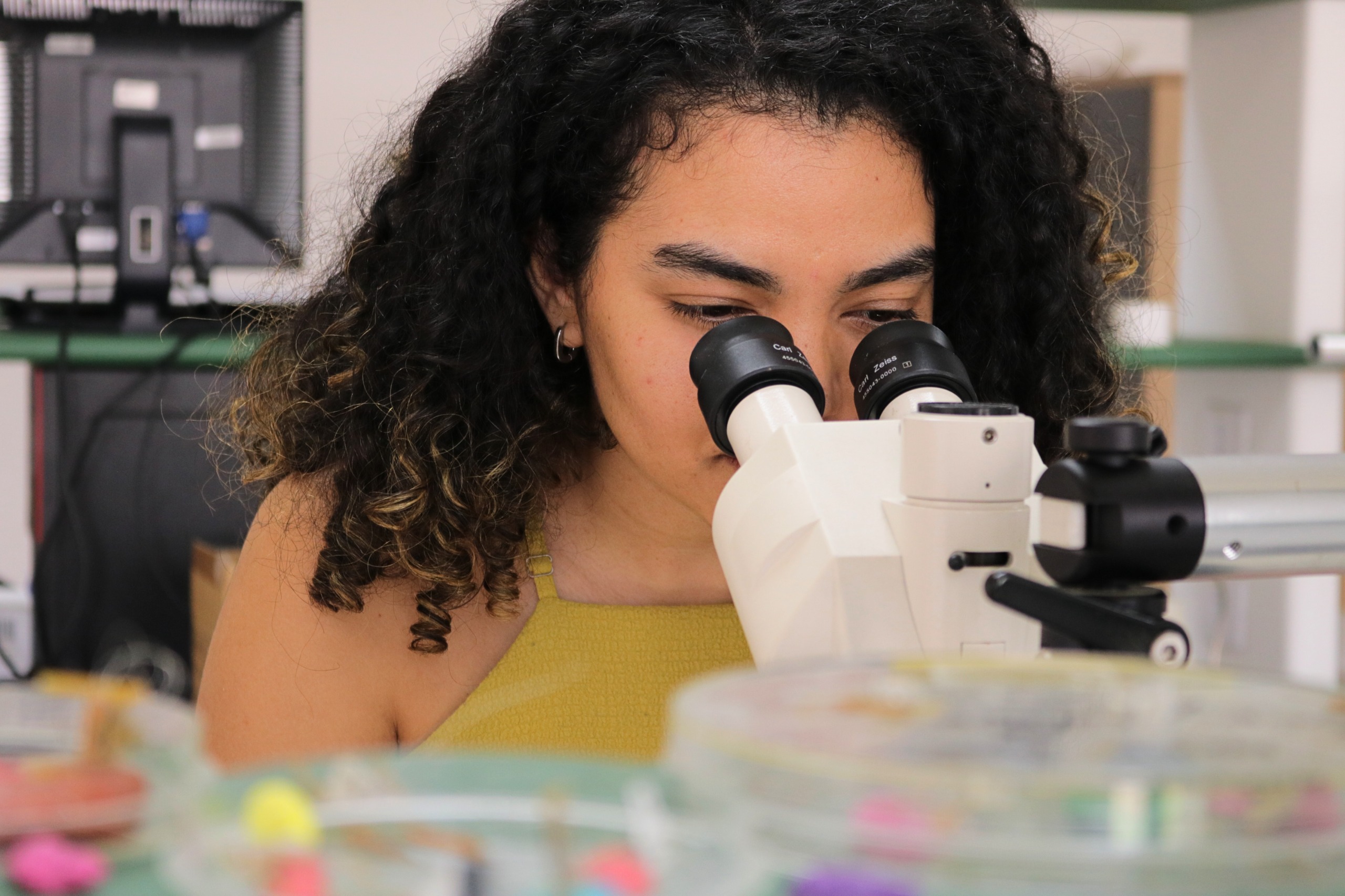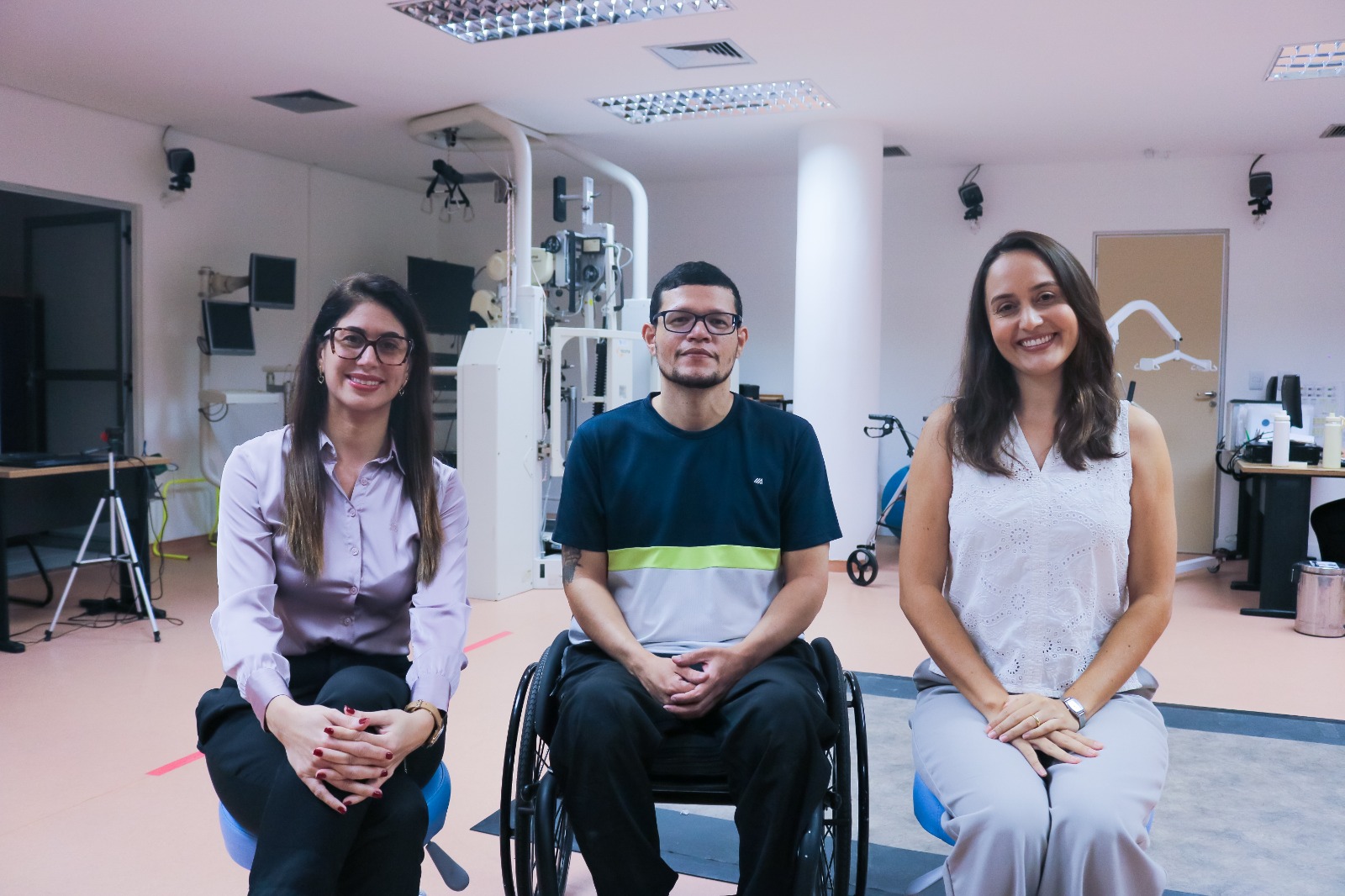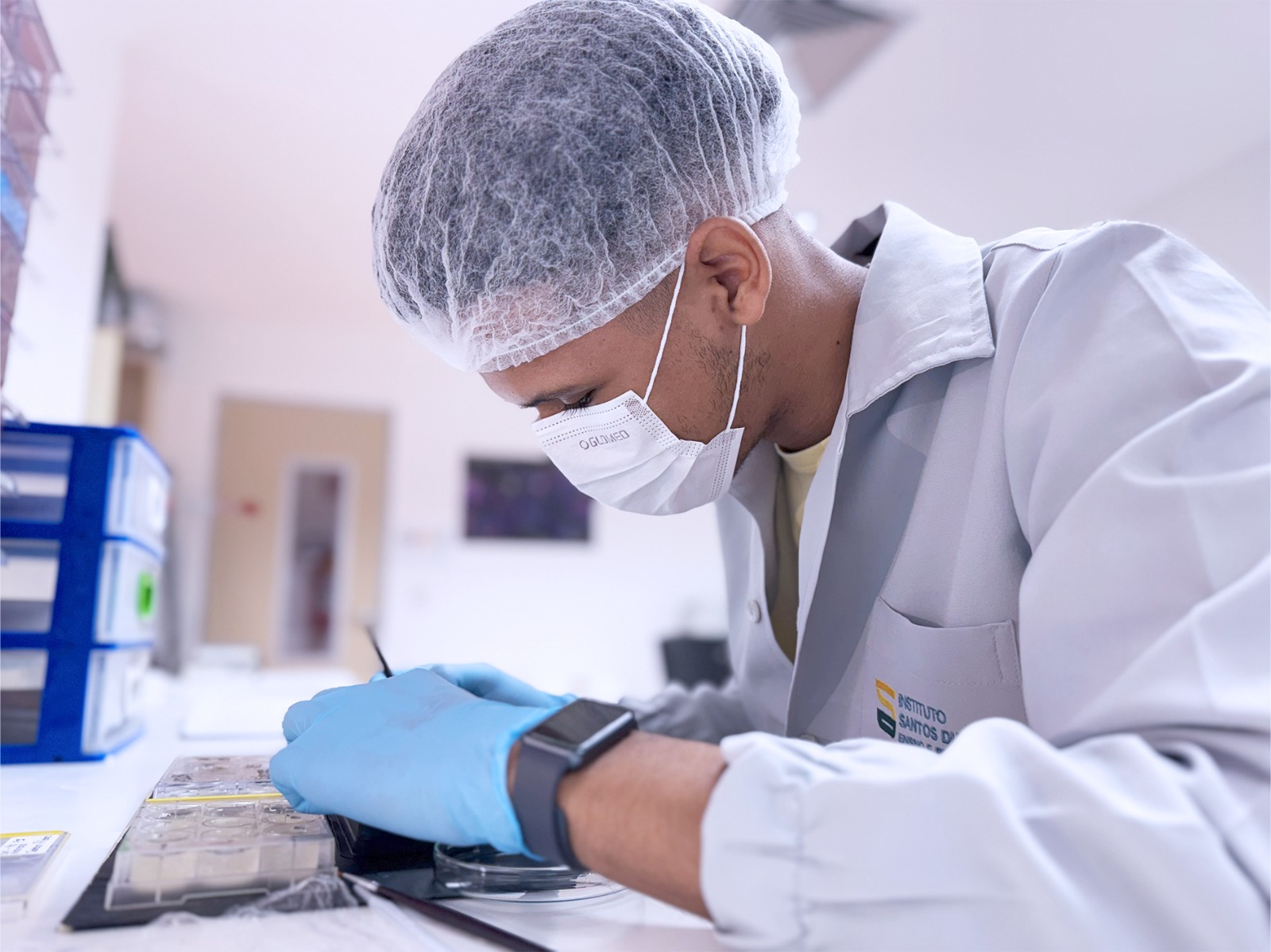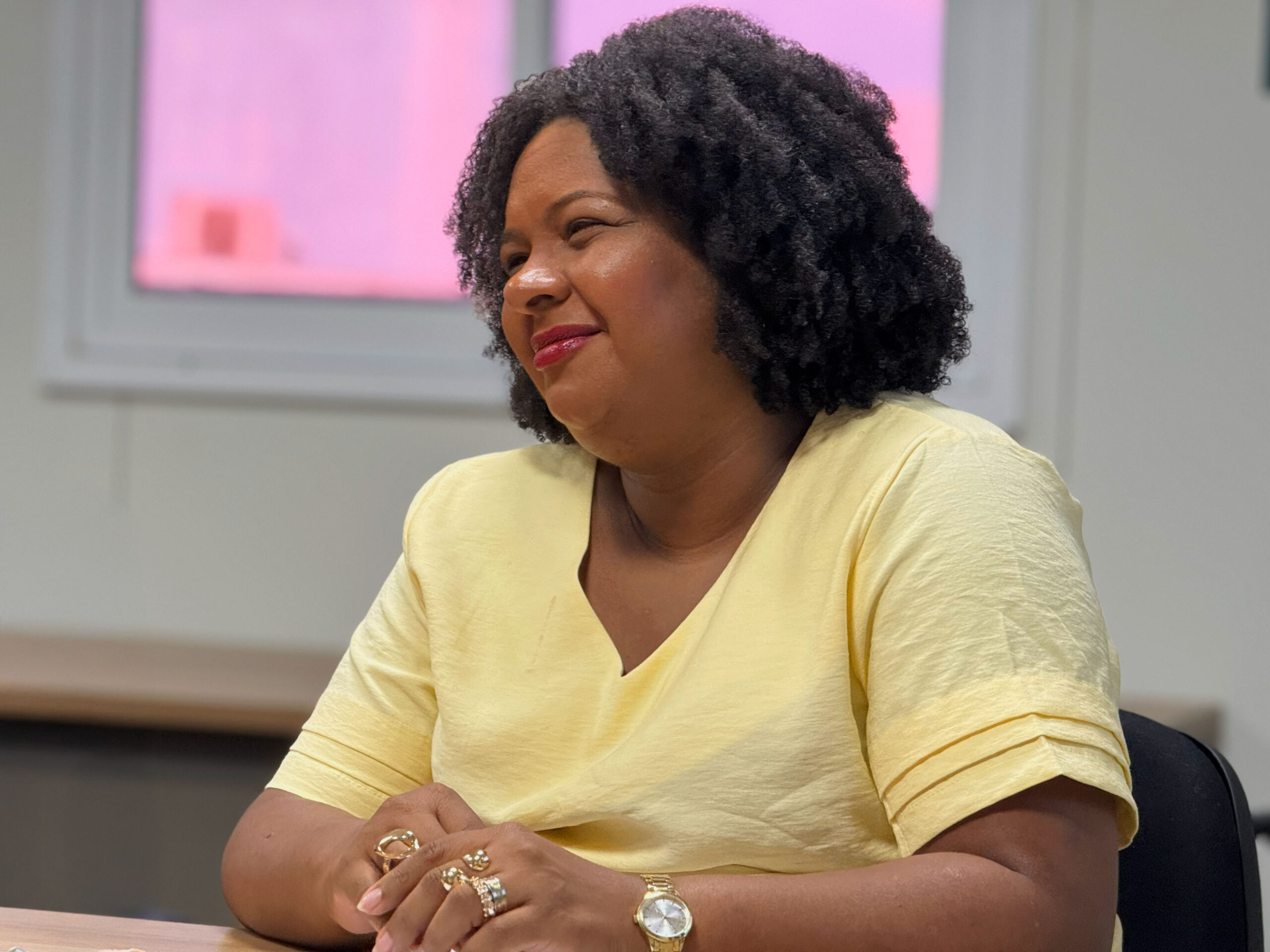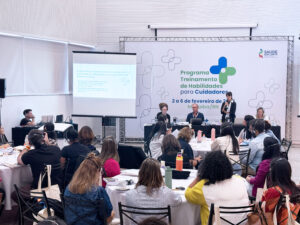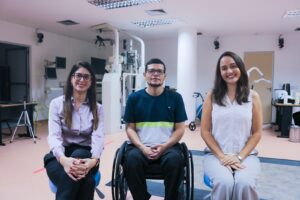The year 2025 marks a decade since the official recognition of the International Day of Women and Girls in Science by the United Nations Educational, Scientific and Cultural Organization (UNESCO). The initiative was designed to strengthen the global commitment to equity between men and women, especially in the field of education.
Over the past few years, the presence of women in postgraduate programs has gradually increased. A study carried out by the Center for Management and Strategic Studies (CGEE), which gathers data from 1996 to 2021, indicates that women represented 49.8% of master's degree holders and 44.3% of doctorates awarded in Brazil in 1996. Fifteen years later, the proportion rose to 56.8% and 55.6%, respectively.
Despite this, there are still challenges related to the diversity of areas of knowledge in which women are inserted: the majority of them are in the fields of Health Sciences (62,52%), Humanities (57,49%), and Linguistics (64,52%), while participation in areas such as Engineering and Exact Sciences register, respectively, 33,27% and 36,02% of female presence during the five-year period analyzed.
Contrary to the trend observed nationally in the engineering field, the Postgraduate Program in Neuroengineering at the Santos Dumont Institute (ISD) has trained 73 women since 2013. This percentage represents 54% of the masters degrees awarded by the institution.
Located in the municipality of Macaíba, in Rio Grande do Norte, the ISD is a Social Organization linked to the Ministry of Education (MEC) and maintains the Edmond and Lily Safra International Institute of Neuroscience (IIN-ELS). The Institute offers Master's level training, encouraging women from various professions to join its research and scientific initiation programs.
They, who come from diverse contexts and backgrounds, leave the laboratory and clinical care areas to conquer new spaces around the world, occupying positions that, often, are not guaranteed to female researchers.
Beyond the clinic: from health to engineering
Speech therapist, specialist in care for people with disabilities and neuroengineer. These are the titles of Nancy Sotero, born in Caruaru/PE, who graduated from the Multiprofessional Residency in Health Care for People with Disabilities (RESPCD) and from the ISD Master's degree. Today, she is doing her doctorate at Bielefeld University, in Germany, where she is researching the intersection between hearing and vision and the motor elements of these two systems. There, she takes on the challenge of delving into basic research in neuroscience, far removed from clinical research, and of working in a completely new area – vision.
“I always wanted to make research the focus of my professional career, but as a health professional – and especially as a woman – we are sometimes led to accept that research needs to be in the background, dependent on clinical work or teaching – which is undoubtedly a valid alternative, but not the only one”, reports Nancy.

Today, the speech therapist says she sees other job possibilities and feels “empowered” to enter the market as a researcher. “For me, the ‘ideal’ alternative is one in which research permeates professional training in the most diverse areas, enabling more professionals to recognize themselves as researchers,” she considers.
ISD master's student Giovanna Rodrigues also experienced this interdisciplinarity. As an Internet Computer Technician and Psychology graduate, she has always enjoyed aspects of both fields of knowledge. She chose Neuroengineering because she wanted to delve deeper into research and combine her two passions: health sciences and exact sciences.
At ISD, Giovanna performs basic research, which is primarily carried out in laboratories to answer scientific questions and uncover new empirical paths. Using animal models, she analyzes how different environments affect memory development, learning capacity and behavior.
At the same time, she also works as a neuropsychologist, performing clinical assessments of children and adolescents, something she manages to combine with her research. “I also see my work as research, because I am investigating, collecting and analyzing data and explaining the condition to a patient and their family. So the master's degree taught me to deal with clinical practice in a very critical and scientific way as well,” she explains.
In the future, the researcher intends to pursue a doctorate focused on health and emphasizes that she will not neglect interdisciplinary learning. “Even if research is not my profession in the future, it contributes greatly to my having a more efficient and up-to-date practice and achieving better results for my patients,” adds Giovanna.

Young researchers broaden their research horizons
In addition to the postgraduate level, ISD also offers a Scientific Initiation program, which receives dozens of high school, technical school and undergraduate students. Laiza Camilly, 18, is one of them. The young woman first learned about ISD through the institution's Science Fair, while she was taking part in the Computer Science course at the Jundiaí Agricultural School (EAJ), in Macaíba.
Through the MandacaruBot project, from EAJ, which offers robotics workshops for public schools, Laiza participated in three editions of the Fair, until she received a scientific initiation scholarship at ISD, where she remains to this day. “I have studied many things, learning about various processes in all the projects. What I find incredible is that no one goes unnoticed here, there is all this care taken to ensure that everyone participates and understands what is being done, so I feel very welcomed here,” says Laiza.
Today, having graduated from the technical course in Computer Science, she was accepted into the undergraduate course in Science and Technology at UFRN and intends to study Biomedical Engineering. “I would really like to continue with what I do here and I thought 'how can I combine technology and science?', so for me this was the perfect choice”, she says.

Larissa Alcântara, 22, is also part of the ISD undergraduate research program. Born in Petrolina, Pernambuco, and raised in Juazeiro, Bahia, she finished high school at a local school and moved to Natal to study Biomedical Engineering at UFRN. She only became familiar with the field of neuroengineering after entering higher education.
“I came from a reality that was very distant, not only in terms of physical distance, but also in terms of my reality. When I came here and discovered neuroscience and neuroengineering, it was as if new doors opened and I could observe other possibilities of seeing the world,” says Larissa.
At ISD, Larissa works with machine learning and signal processing, in a project that studies patterns of neuronal activity related to speech articulation using approaches rarely found in other studies. For the future, she plans to not only continue in the field of neuroengineering, with continued academic training and teaching, but also to return with this knowledge. “It’s still a long way to go, but I think about conducting research or perhaps becoming a teacher in Petrolina, to be able to show that there are other possibilities, that we can do a lot of cool things”, she concludes.

About ISD
The Santos Dumont Institute (ISD) is a Social Organization linked to the Ministry of Education (MEC) and includes the Edmond and Lily Safra International Neuroscience Institute and the Anita Garibaldi Center for Health Education and Research, both in Macaíba. ISD's mission is to promote education for life, forming citizens through integrated teaching, research and extension actions, in addition to contributing to a fairer and more humane transformation of Brazilian social reality.



